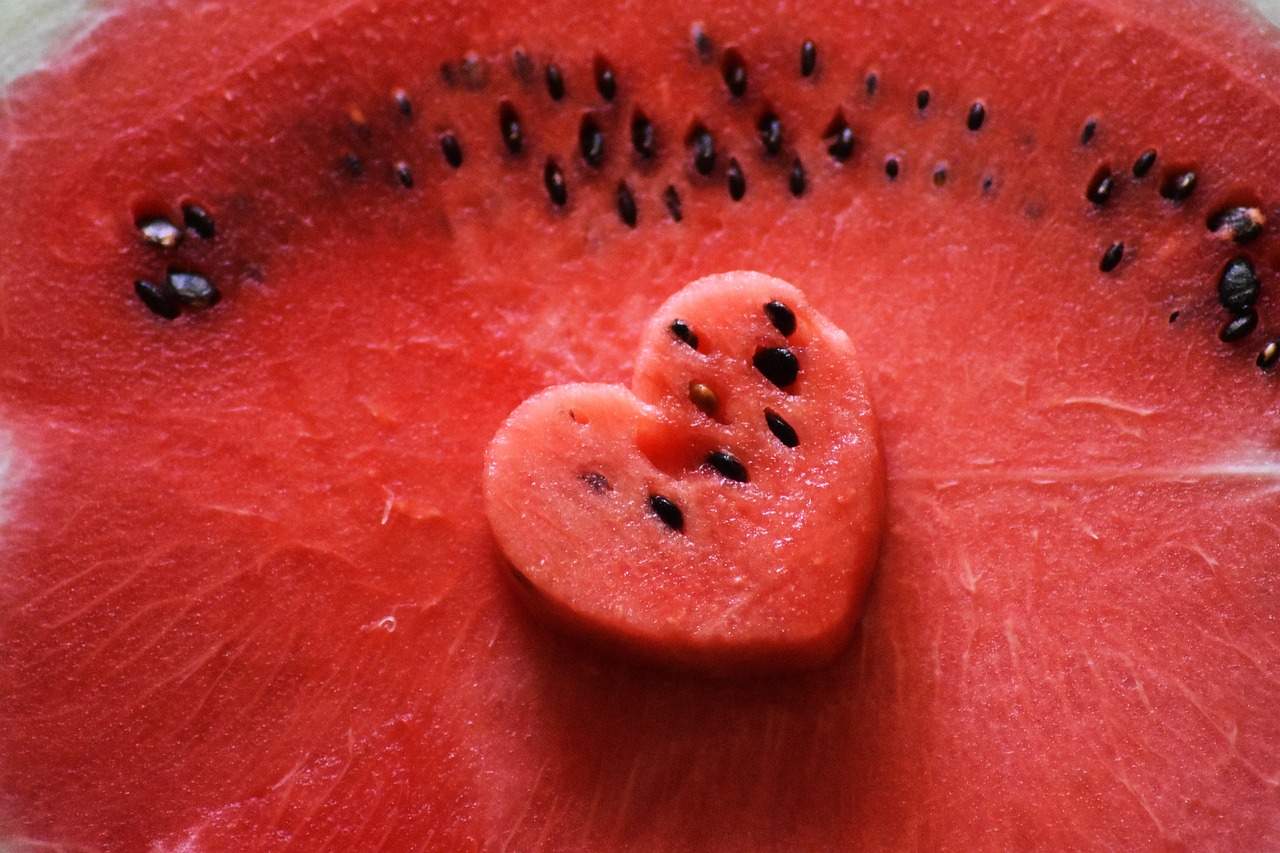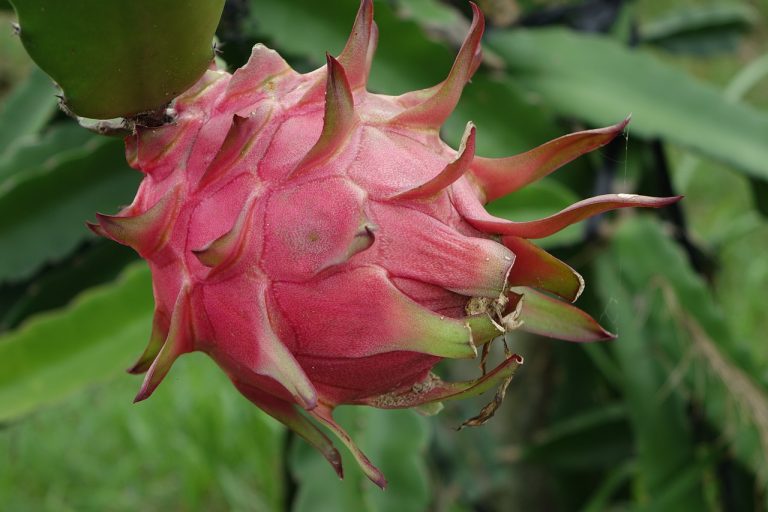Watermelon seed: Culinary use nutrition and health benefits
Introduction to Watermelon Seeds
Watermelon seeds are often overlooked, discarded, or considered a nuisance
when enjoying this delicious fruit. However, these tiny seeds hold immense
potential and have been utilized for various purposes throughout history. From
their cultivation to their culinary applications and potential health benefits,
watermelon seeds are a truly multifaceted ingredient worth exploring.
A. History and cultivation
Watermelons have been cultivated for centuries, with evidence dating back to
ancient Egypt and China. Over time, different varieties have been developed,
each with its unique characteristics and seed attributes. Cultivating
Watermelons require warm weather, well-drained soil, and plenty of sunshine.
Today, watermelon farming is a global industry, with major producers including
China, India, Turkey, and the United States.
B. Importance as a nutritious food source
While watermelon flesh is hydrating and rich in vitamins, the seeds also offer
valuable nutrition. Packed with essential nutrients and minerals, watermelon
seeds provide a healthy dose of protein and healthy fats. Adding watermelon seeds into your diet can be a simple yet effective way to enhance
your overall nutritional intake.
C. Exploring the versatility of watermelon seeds
Watermelon seeds are incredibly versatile and can be used in various ways.
They can be roasted for a crunchy and savory snack, incorporated into baked
goods for added texture, or used to add a unique twist to salads and granola
mix. Watermelon seeds can also be used to extract oil, which has
gained popularity in skincare and haircare products due to its potential
benefits.
II. Nutritional Composition of Watermelon Seeds
Understanding the nutritional composition of watermelon seeds is essential to
fully comprehend their potential health benefits. These seeds contain a range
of macro and micronutrients, as well as several antioxidants that contribute to
their nutritional value.
A. Macro-nutrients found in watermelon seeds
Watermelon seeds are a rich source of macronutrients, including proteins,
fats, and carbohydrates. Approximately 100 grams of watermelon seeds provide
around 34 grams of protein, making them an excellent plant-based protein
option. They also contain healthy fats, such as monounsaturated and
polyunsaturated fats, which are beneficial for heart health.
B. Micronutrients and antioxidants present
In addition to macro-nutrients, watermelon seeds are packed with micronutrients essential for overall well-being. These include magnesium, zinc, iron, and folate, among others. Furthermore, watermelon seeds are abundant in antioxidants like vitamin E, which helps protect cells from damage caused by
free radicals.
C. Health benefits associated with watermelon seeds
Watermelon seeds offer a lot of potential health benefits. Their high protein content aids in muscle development and repair, making them an ideal addition to a post-workout snack. Moreover, the presence of healthy fats contributes to heart health, as they help manage cholesterol levels and reduce the risk of cardiovascular diseases. The antioxidants found in watermelon seeds also support overall immune function and combat inflammation in the body.
III. Watermelon Seeds and Health
Beyond their nutritional composition, watermelon seeds have been associated
with various health benefits that promote overall well-being. Including promoting
heart health, supporting digestion and aiding in weight management. These
seeds offer a range of advantages.
A. Promoting heart health and managing cholesterol levels
The healthy fats present in watermelon seeds, including mono unsaturated and
polyunsaturated fats contribute to heart health. These fats help lower LDL
cholesterol levels, which reduces the risk of heart diseases and improves overall cardiovascular well-being. Adding watermelon seeds to your diet can be
a simple yet effective way to support a healthy heart.
B. Supporting digestive health and preventing constipation
Watermelon seeds contain dietary fiber, which plays a crucial role in
maintaining a healthy digestive system. Consuming an adequate amount of fiber
helps prevent constipation and promotes regular bowel movements. By incorporating watermelon seeds into your diet, you can support a healthy
digestive tract and improve overall gut health.
C. Effects on weight management and satiety
Watermelon seeds are not only packed with nutrients but also aid in weight
management. The high protein and fiber content in these seeds promote feelings
of fullness and reduced appetite, potentially preventing overeating.
Adding watermelon seeds into your meals or snacks can help you maintain
healthy eating habits and support your weight management goals.
IV. Culinary Applications of Watermelon Seeds
Watermelon seeds offer a delightful and unique culinary experience, adding
texture and flavor to various dishes. From roasted snacking to incorporation
into baked goods and salads, there are numerous ways to utilize these seeds in
your cooking ventures.
A. Roasting and snacking
One of the most popular ways to enjoy watermelon seeds is by roasting them.
This simple process involves removing the outer shell, seasoning the seeds with
spices or salt, and toasting them in the oven until they become crispy. Roasted
watermelon seeds can be enjoyed as a healthy and satisfying snack on their own
or used as a flavorful topping for salads and soups.
B. Adding into baked goods and desserts
Watermelon seeds can also be incorporated into various baked goods and
desserts to add a delightful crunch. From bread and muffins to cookies and
granola bars, these seeds provide a unique texture and nutty flavor profile. Sprinkle roasted watermelon seeds on top of your favorite desserts
or mix them into your homemade granola for an added nutritional boost.
C. Adding crunch to salads and granola mixes
If you’re looking to enhance the texture of your salads or granola mixes, watermelon seeds can be a perfect addition. Their subtle nutty taste and subtle crunch adds a delightful element to any dish. Sprinkle the seeds over your salads, yogurt bowls, or even mix them into your homemade granola
for a delightful and nutritious twist.
V. Watermelon Seed Oil
Watermelon seeds can also be processed
to extract oil. Watermelon seed oil has gained popularity in the skincare and
haircare industries due to its potential benefits. The process of extracting
the oil involves specific methods, and the resulting product offers various
uses and potential health benefits.
A. Extraction methods and production process
To obtain watermelon seed oil, the seeds are first dried and then cold-pressed
to extract the oil. This extraction method helps retain the nutrients and
properties of the seeds, ensuring a high-quality oil. The oil is then filtered
to remove any impurities or sediments, resulting in a pure and clear product
ready for use.
B. Uses in skincare and haircare products
Watermelon seed oil is highly regarded for its potential benefits in skincare
and haircare. Due to its lightweight nature, it is easily absorbed by the skin
without leaving a greasy residue. When used as part of a skincare routine,
watermelon seed oil may help moisturize the skin, enhance skin elasticity, and
promote a youthful appearance. Similarly, it can be applied to the hair and scalp to moisturize, strengthen, and add shine.
C. Potential health benefits and nutritional value
Certain health benefits are attributed to watermelon seed oil, primarily due
to its rich composition of essential fatty acids, vitamins, and minerals. These
include potential anti-inflammatory, antioxidant, and anti-aging properties.
Furthermore, the oil is a rich source of linoleic acid, which plays a vital
role in maintaining healthy skin and overall well-being.
VI. Germinating Watermelon Seeds
If you’re interested in growing your own watermelon plants, germinating watermelon seeds are a crucial step. By following proper techniques and
providing optimal conditions, you can successfully nurture these seeds into
thriving plants that bear delicious fruits.
A. Preparing the seeds for germination
Before planting watermelon seeds, it’s important to prepare them for optimal
germination. This can be done by cleaning the seeds, removing any remaining
fruit pulp, and allow them to dry fully. Once cleaned, the seeds are ready
for planting and the germination phase.
B. Providing optimal conditions for growth
Watermelon seeds thrive in warm and sunny conditions, so it’s crucial to
provide them with suitable surroundings. Plant the seeds in well-drained soil,
ensuring they receive plenty of sunlight. Additionally, regular watering is
important to keep the soil moist but not overly saturated. With the right
conditions, watermelon seeds will germinate and grow into healthy plants.
C. Transplanting seedlings and caring for watermelon plant
Once the watermelon seeds have germinated and grown into sturdy seedlings, they can be transplanted into larger pots or directly into the garden. Ensure the plants have enough space to grow and provide regular watering and
fertilization as needed. As the plants mature, you’ll start to see the familiar
watermelon fruits develop, and you’ll soon be able to enjoy the fruits of your
labor.
VII. Utilizing Watermelon Seeds in Traditional Medicine
Watermelon seeds have been used in traditional medicine for centuries.
They possess various medicinal properties and have been used to address
specific health concerns. Understanding their historical use and potential
medicinal applications sheds light on the holistic utilization of watermelon
seeds.
A. Historical use of watermelon seeds in traditional medicine
Throughout history, watermelon seeds have been used in traditional medicine in
different cultures. Ancient Chinese medicine used watermelon seeds to soothe urinary tract issues and promote healthy kidney function. Similarly, Ayurvedic medicine incorporated watermelon seeds for their diuretic properties and to address digestive concerns.
B. Medicinal properties and potential applications
Watermelon seeds are believed to possess medicinal properties due to their
composition of bioactive compounds. These seeds have been associated with
diuretic, antihypertensive, and anti-inflammatory properties, among others.
Additionally, their high citrulline content has been linked to improved blood
flow and potential benefits for cardiovascular health.
VIII. Potential Side Effects and Precautions
While watermelon seeds offer numerous health benefits, it’s important to be
aware of potential side effects and precautions associated with their
consumption. Understanding these factors can help you make informed
decisions regarding dietary intake of watermelon seeds.
A. Allergic reactions and sensitivities
While uncommon, some individuals may experience allergic reactions or
sensitivities to watermelon seeds. These can manifest as itching, swelling, or
rashes. If you have known allergies to seeds or nuts, it’s recommended to
consult with a healthcare professional before consuming watermelon seeds.
B. Recommended consumption limits
Moderation is key when consuming watermelon seeds, as excessive intake may lead to digestive discomfort or issues. It’s generally recommended to consume
watermelon seeds as part of a balanced diet and in moderation. Consulting with
a healthcare professional or nutritionist can help determine the appropriate
quantity based on individual needs.
C. Interactions with certain medications
Watermelon seeds, like many other natural products, can potentially interact
with certain medications. If you are taking any medications, particularly those
that affect blood pressure or blood thinning, it is better to consult with
a healthcare person before regularly consuming watermelon seeds to ensure
they won’t interfere with your medication’s efficacy.
IX. Watermelon Seeds in Global Cuisine
Watermelon seeds have found their way into various dishes and culinary
traditions around the world. Their inclusion in global cuisine offers unique
flavors, textures, and cultural experiences that are worth exploring.
A. Watermelon seed-based dishes in various cultures
Different cultures adds watermelon seeds into their traditional cuisine. For example, in many Asian countries, roasted watermelon seeds are popular snacks and are often seasoned with savory or spicy flavors. In some Middle Eastern cuisines, watermelon seeds are used as an ingredient in desserts and sweets. Exploring these cultural dishes allows you to appreciate the diversity in culinary applications of watermelon seeds.
B. Traditional uses in soups, stews, and beverages
Watermelon seeds are also used in soups, stews, and beverages in certain
cultures. In West Africa, for instance, watermelon seed soup is a delicacy,
prepared with a variety of flavorful ingredients. In Mexico, agua fresca, a
refreshing beverage, is made by grinding watermelon seeds and combining them
with water, sugar, and lime. These traditional uses highlight the versatility
of watermelon seeds in different culinary traditions.
C. Exploring unique flavor profiles and textures
Incorporating watermelon seeds into your cooking ventures allows you to
experiment with unique flavors and textures. The seeds offer a subtle nutty
flavor profile, which can complement both sweet and savory dishes. Their
crunchy texture adds a delightful element to salads, trail mixes, or even as a
garnish for soups and stews. Exploring different recipes and cooking techniques
can unlock the full potential of watermelon seeds in your culinary creations.
X. Watermelon Seed Crafts and DIY Projects
Beyond their culinary and medicinal applications, watermelon seeds can be
utilized for various crafts and do-it-yourself projects. Their unique shape,
color, and texture provide an opportunity for creativity and expression.
A. Creating jewelry and accessories with watermelon seeds
Watermelon seeds can be incorporated into jewelry-making to create unique and
eco-friendly accessories. These seeds can be dyed, polished, or painted to
enhance their appearance. From necklaces and earrings to bracelets and key chains, watermelon seed jewelry offers a sustainable and stylish option for
self-expression.
XI. Watermelon Seed Industry and Trade
The watermelon seed industry plays a significant role in global agriculture
and trade. Understanding its production, economic significance, and potential
for future growth provides valuable insights into this thriving sector.
A. Global production and major exporting countries
Watermelon seeds are produced and exported worldwide, with major producers
including China, India, Turkey, and the United States. These countries have
favorable climates and agricultural resources that support large-scale
watermelon seed production. Exporting watermelon seeds contributes to the
economic development of these nations and facilitates global trade.
B. Economic significance and market trends
The watermelon seed industry holds substantial economic significance,
contributing to both national and global economies. The growing demand for
healthy and natural products, coupled with increased consumer awareness of the
nutritional benefits of watermelon seeds, has led to market growth and
innovation in this sector. As consumers continue to prioritize health-conscious
choices, the watermelon seed market is expected to expand further.
C. Potential for future growth and innovation
The watermelon seed industry offers significant potential for future growth
and innovation. As research continues to uncover new health benefits and
culinary applications, there is an opportunity for companies to develop
innovative products that cater to evolving consumer preferences. Additionally,
sustainable farming practices and eco-friendly production methods can
contribute to the growth and sustainability of the watermelon seed industry.
XII. Summary
Watermelon seeds, once dismissed as mere leftovers, have proven to be a
valuable ingredient with diverse uses. Their high nutritional composition,
potential health benefits, and culinary versatility make them an ingredient
worth exploring. From promoting heart health to aiding digestion, watermelon
seeds offer a range of advantages. Their incorporation into various dishes,
skincare products, and even DIY projects showcases their versatility. The
watermelon seed industry’s economic significance and potential for future
growth further emphasize their value as a sustainable and multifaceted
ingredient.
FAQs about Watermelon Seeds
To address common questions and concerns, here are some frequently asked
questions about watermelon seeds:
Are watermelon seeds safe to eat?
Yes, watermelon seeds are safe to eat. However, it’s important to consume them
in moderation and be aware of potential allergies or sensitivities.
How many watermelon seeds can I consume in a day?
There is no specific answer to this question, as it varies depending on
individual dietary needs and health conditions. It’s generally recommended to
consume watermelon seeds as part of a balanced diet.
Can I grow watermelon plants from store-bought seeds?
Yes, it is possible to grow watermelon plants from store-bought seeds. Follow
the germination techniques and provide optimal growing conditions for
successful plant growth.
Are roasted watermelon seeds as healthy as raw seeds?
Roasting watermelon seeds can alter their nutritional composition slightly,
but they remain a healthy snack option as long as they are not over-seasoned or
high in added fats.


